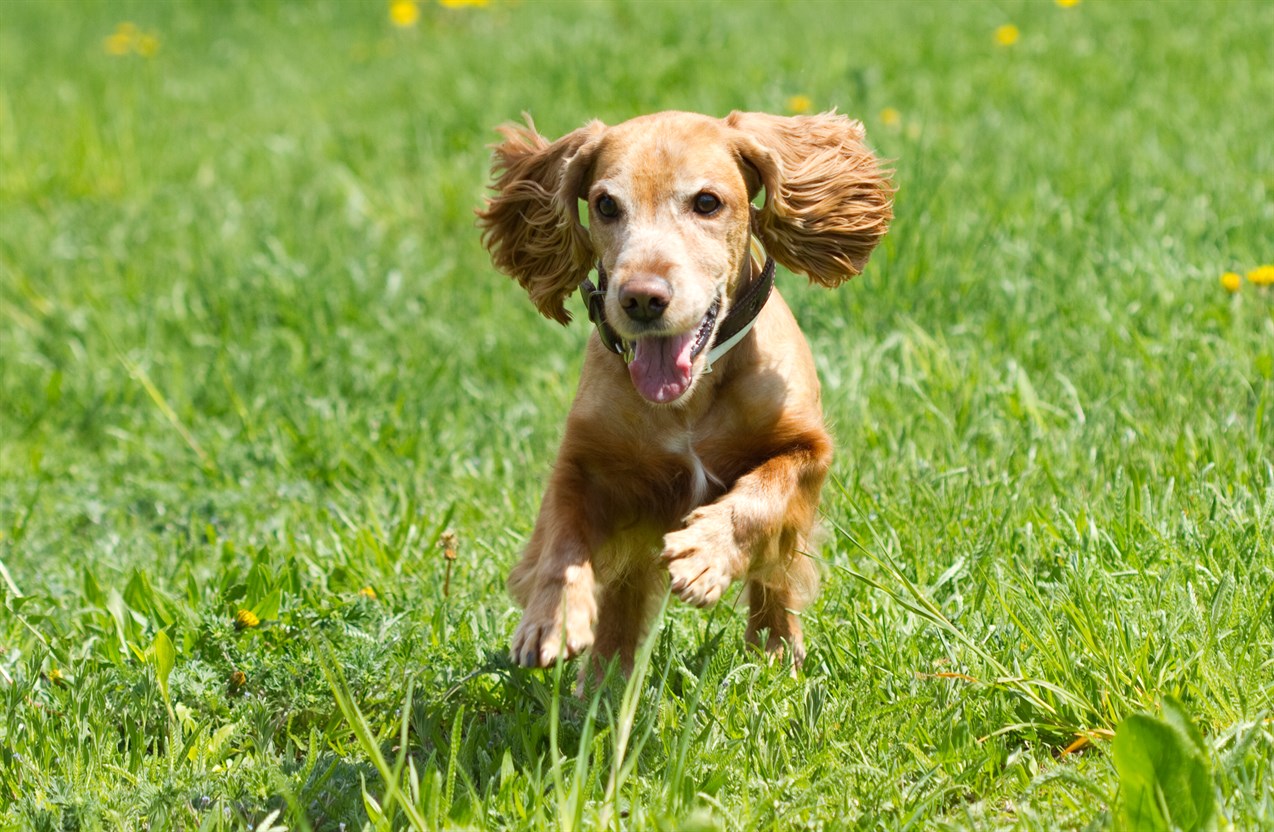Toilet Training a Cocker Spaniel

Toilet training, also known as house training or housebreaking, is an essential aspect of raising a well-behaved and well-adjusted Cocker Spaniel puppy. Like all dog breeds, Cocker Spaniels require consistent training and patience to learn appropriate bathroom habits.
Are Cocker Spaniels Easy to House Train?
Cocker Spaniels are intelligent dogs, which can work in their favor when it comes to house training. Their willingness to please and learn makes them relatively trainable in this regard. However, there are some considerations to keep in mind:
- Puppy Age: Young Cocker Spaniel puppies have smaller bladders and weaker muscle control, so they may need more frequent trips outside to eliminate. This means that house training can be more challenging during the early months.
- Consistency is Key: The key to successfully house training any dog, including Cocker Spaniels, is consistency. Establish a routine for feeding and bathroom breaks. Take your puppy outside at regular intervals, especially after eating, drinking, playing, or waking up from a nap.
- Positive Reinforcement: Use positive reinforcement techniques such as praise, treats, and enthusiastic encouragement when your puppy eliminates outdoors. Rewarding them for doing the right thing helps reinforce the desired behavior.
- Supervision: Keep a close eye on your puppy when they are indoors, especially during the initial stages of house training. Look for signs that they need to go outside, such as sniffing, circling, or whining, and promptly take them out.
- Accidents Will Happen: Be prepared for accidents, as they are a normal part of the house training process. Avoid scolding your puppy if they have an accident indoors, as this can create anxiety and confusion. Instead, clean up the mess calmly and continue with training.
- Crate Training: Many Cocker Spaniel owners find crate training helpful during the house training process. A properly sized crate can be a valuable tool to prevent accidents when you can't supervise your puppy.
- Patience: House training takes time and patience. Every puppy is different, and some may catch on quickly, while others may take longer. Be patient, and remember that consistency and positive reinforcement are your allies.
Are Cocker Spaniels Hard to Housebreak?
While Cocker Spaniels are not inherently more challenging to housebreak than other breeds, they can have their own unique quirks and challenges. Here are some potential factors that can influence the housebreaking process:
- Stubbornness: Some Cocker Spaniels can be a bit stubborn or independent, which may require extra patience and persistence during training.
- Excitability: These dogs are known for their enthusiasm and energy. Excitement can sometimes make them forget their bathroom manners, so it's crucial to remain calm and consistent during training.
- Separation Anxiety: Cocker Spaniels are prone to separation anxiety, and anxiety can sometimes lead to accidents indoors. Addressing separation anxiety through training and desensitization can help with the housebreaking process.
- Small Bladder: As mentioned earlier, puppies have small bladders, and Cocker Spaniel puppies are no exception. Frequent bathroom breaks are essential for their success in house training.
Cocker Spaniel puppies for sale
- Find Cocker Spaniel puppies for sale in ACT
- Find Cocker Spaniel puppies for sale in NSW
- Find Cocker Spaniel puppies for sale in NT
- Find Cocker Spaniel puppies for sale in QLD
- Find Cocker Spaniel puppies for sale in SA
- Find Cocker Spaniel puppies for sale in TAS
- Find Cocker Spaniel puppies for sale in VIC
- Find Cocker Spaniel puppies for sale in WA